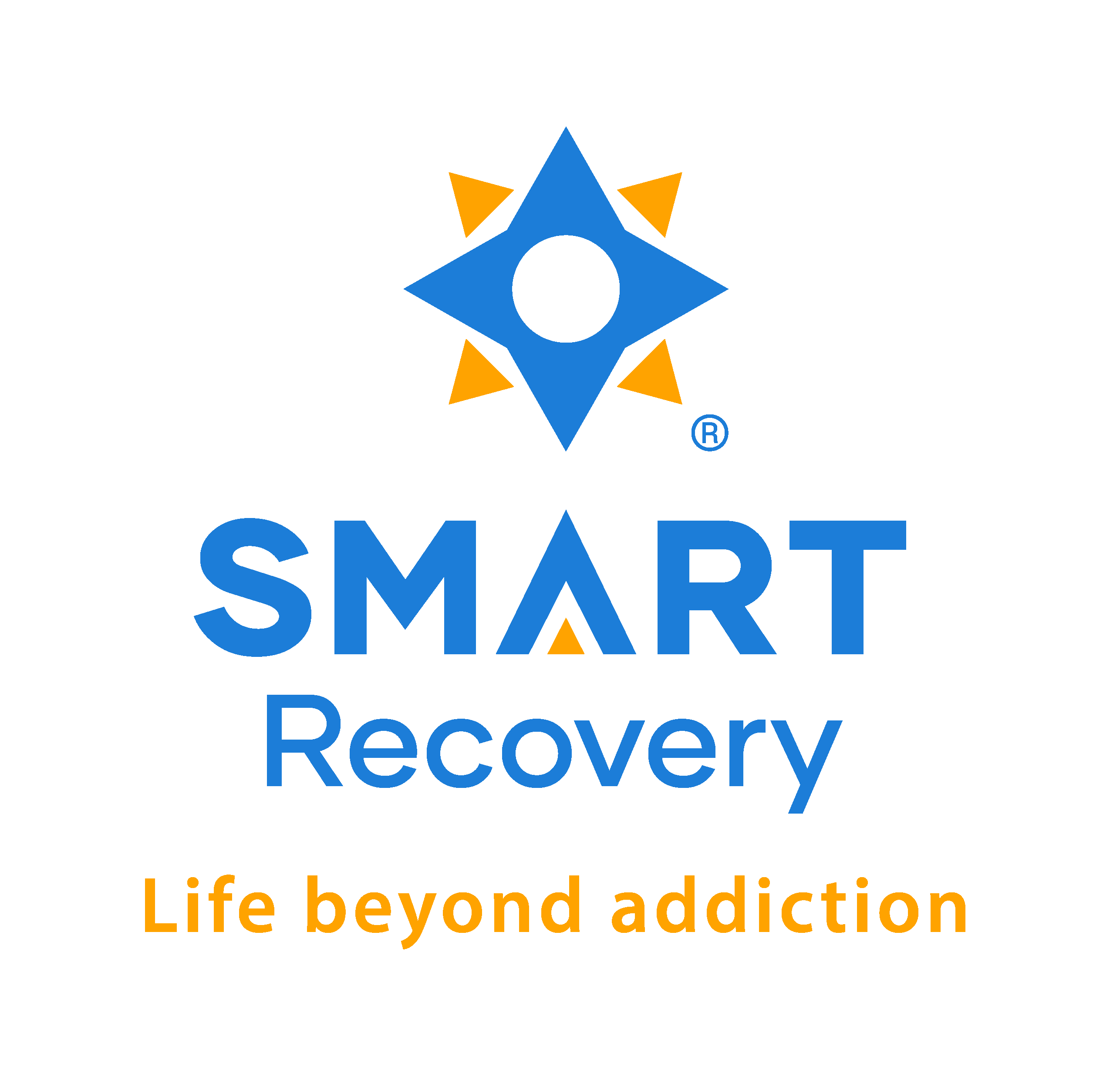SMART RECOVERY

What is SMART Recovery?
SMART Recovery is a science-based program to help people manage their recovery from addictive behavior. SMART stands for Self-Management And Recovery Training. SMART Recovery helps participants decide if they have a problem, builds their motivation to change, and offers a set of proven tools and techniques to support recovery. Our program isn’t intended to be a substitute for professional help or treatment. SMART Recovery encourages individuals to determine a recovery path that is right for their needs and beliefs. Some may choose to use the program in concert with other mutual-support groups, or in conjunction with professional treatment. SMART Recovery recognizes there are many pathways to recovery.
How Does SMART Recovery Work?
In small group settings, we talk freely, share ideas, support and experience. We learn proven, practical self-management and recovery skills through these discussions and self-help activities. To learn more about the SMART Recovery method, visit www.smartrecovery.org.
Who is SMART Recovery for?
Our meetings are open to all Texas A&M students who:
- Have identified an addictive behavior in their lives
- Desire to actively work on changing that behavior
If this does not sound like you, feel free to connect with our office for alternate resources or forms of support.
First-Timers
If you're nervous about attending your first meeting, we want to help you feel more comfortable and prepared to join us. Below is a list of current SMART Recovery facilitators who can answer any questions you may have about the program. You can also call our office at 979.845.0280.
- Megan Buck (mbuck@studentlife.tamu.edu)
- Jon Hill (jonh@studentlife.tamu.edu)
Meetings
Meeting registration is closed for this semester.
SMART Recovery Meeting Guidelines
- We take responsibility for ourselves and allow others to be responsible for themselves. We are welcome to attend meetings regardless of whether we are currently engaged in addictive behavior or not, as long as we are not disruptive.
- We agree not to tell anyone outside the group who attended or what was said that in any way that would identify an individual.
- We show respect for all by not using offensive language or threatening behavior. We keep the focus on how to abstain and build a healthy future.
- We are encouraged to ask questions and share ideas about what has helped us, but we avoid lengthy anecdotes. There is no obligation to participate, and anyone is free to just listen and observe if they prefer.
- We do not bash other approaches to recovery. However, we keep the focus on SMART Recovery. We recognize that each participant needs to find a unique solution to their unique situation.
- We see relapse as a learning opportunity, not something to be ashamed about. Recovery from any addictive behavior is difficult and often involves some steps back as well as steps forward.
- We seek professional help where appropriate. SMART Recovery is not a substitute for professional counseling, nor is it designed to help with serious mental health problems or crisis situations.
- We agree to have patience and take one small step at a time. We are encouraged to attend several meetings before deciding if this approach is right for us.
